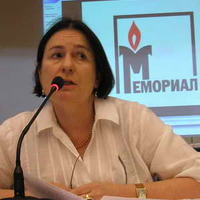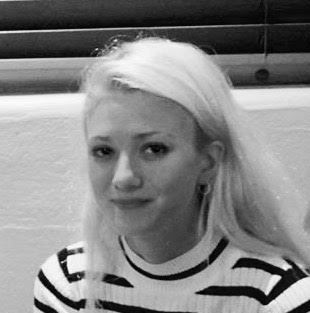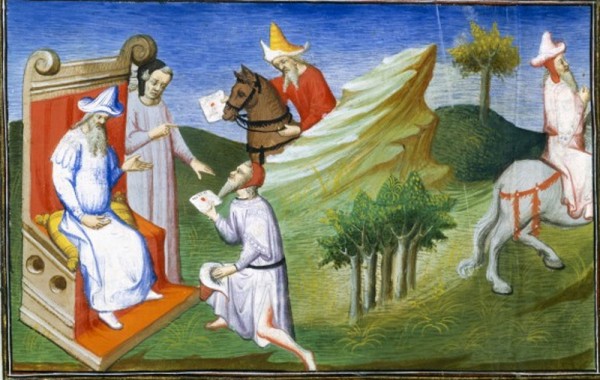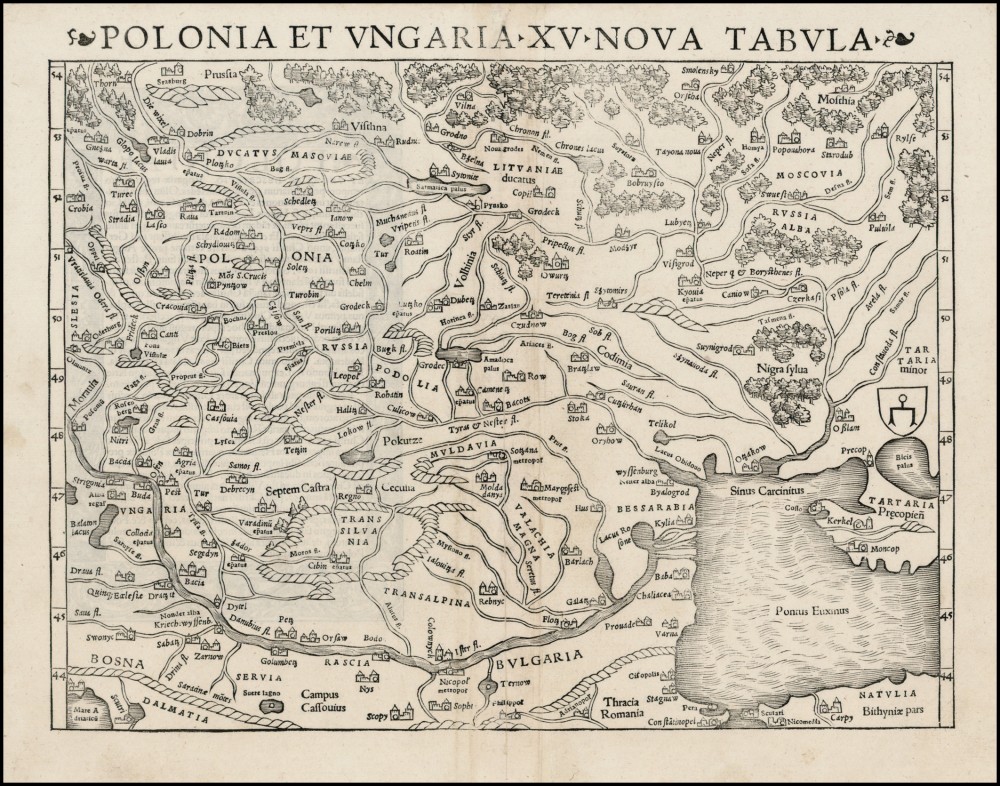Regional Ministries of Education and City Administrations across Russia have contacted school headmasters, to insist they ban students and teachers from taking part in a history competition because it turns children into "extremists,” according to Irina Scherbakova, Director of Education programs at Memorial, a Russian civil rights group.
“Two days before we were due to leave for the competition’s award ceremony in Moscow, students and teachers called me, some in tears, to tell me they had been summoned by the schools’ headmaster and forbidden from attending,” she said.

Scherbakova claims that, 3 weeks prior to these phone calls, presenters on REN TV, a private federal TV channel in Russia, announced that the competition was “led by a banned organization that turns children into extremists, who take to the streets to protest”. Reportedly, a week later, the competition organizers were denied the venue they had booked for the award ceremony months in advance.
The premise of the annual competition “People in history: 20th century Russia”
is that students between the ages of 14 and 18 write an original essay about their country’s history, based on personal testimony gathered from interviews with relatives and research from archives. The competition was set up in 1999, Memorial, to further its key objective of “promot[ing] the revelation of the truth about the past and perpetuate the memory of the victims of political repression”.
“It is important for students not only to learn about the events of 20th century Russia through a textbook, but also to find out how this period in history affected their family, so they understand that a person is not just a grain of sand or a cog in a wheel,” said the Memorial Director.
The competition has received funding from a variety of sources over the years, including a Russian Presidential grant and foreign sponsorship, such as the German fund “Memory.” An average of 2000 essays are submitted each year and 40 are shortlisted for the award ceremony, making it one of the largest competitions of historical research in Russia. The final winners publish their work in a book and are given the chance to receive the Mikhail Prokhorov University Scholarship.
Last October, Russian authorities declared the international branch of Memorial a “foreign agent” under a 2012 law, requiring non-profit organizations that receive foreign donations and engage in "political activity" to register as a “foreign agent”. The UK Foreign and Commonwealth Office considers this law an attempt “to discredit [such] organizations and prevent them from carrying out activities that should be part of any democratic society.” According to Amnesty International, over 140 civil society organizations have been added to the Foreign Agents register, including the Prokhorov foundation, and 27 organizations have been forced closed down since the introduction of the law.
“Regional press used to praise the competition winners and the schools. Local leaders would and attend the award ceremony and send letters to the students congratulating them. Now they do not even allow the winners to be rewarded.
In recent years, since the Russian state began its quest to create a positive and victorious image of the past, we have felt a change in attitude towards the competition. The history of an ordinary Russian family in the 20th century is almost always accompanied by devastating events. Most of our participants live in small towns and villages - these are peasant families- and most often they hear very tragic stories from their relatives. But now a lot of people think it is unpatriotic to bring attention to the difficult pages of Russia’s history,” said Scherbakova.

[hr]Related:
- Counterfeiters. How Russia is rewriting history again
- History repeats in Russia as FSB raids human rights activist from KGB-repressed family
- No Russian Fairytale: Ending the Soviet historical mindset in Ukraine
- History, Identity and Holodomor Denial: Russia’s continued assault on Ukraine
- Commemoration and history: Russia’s uncomfortable truths
- Control over the past: Russia’s archival policy and Second World War myths
- New Russian textbooks must stress existence of ‘Great Russian Aryan Race,’ Duma deputy says








